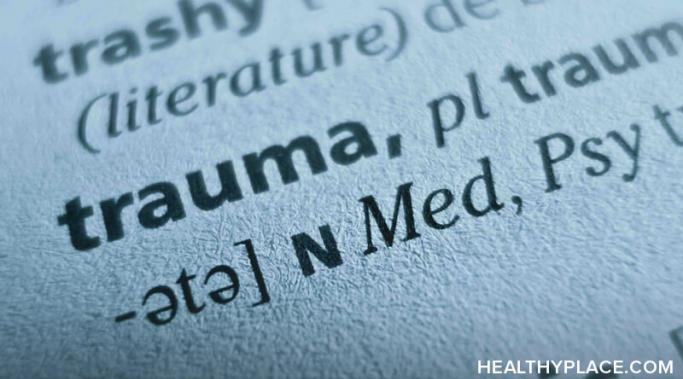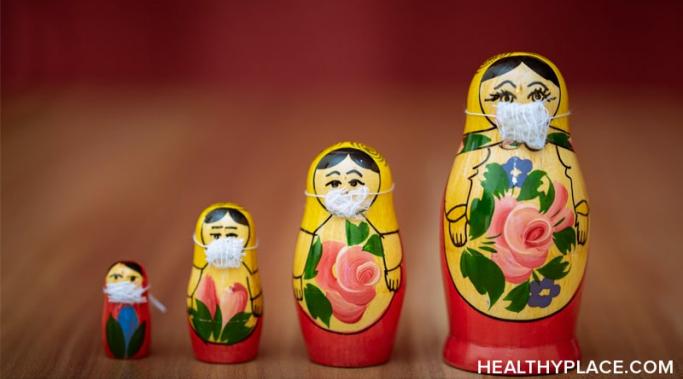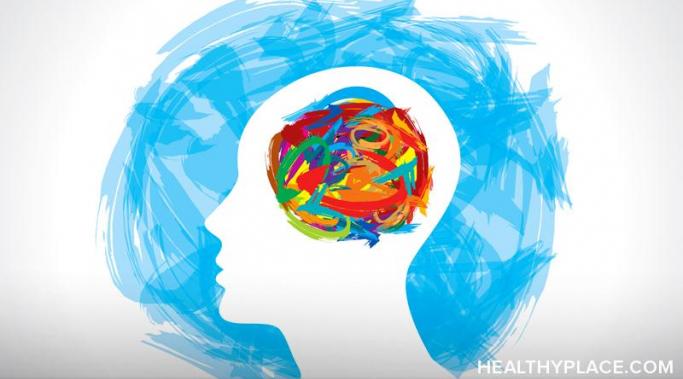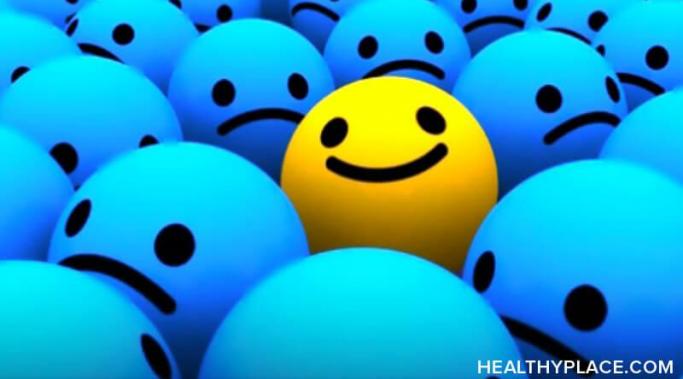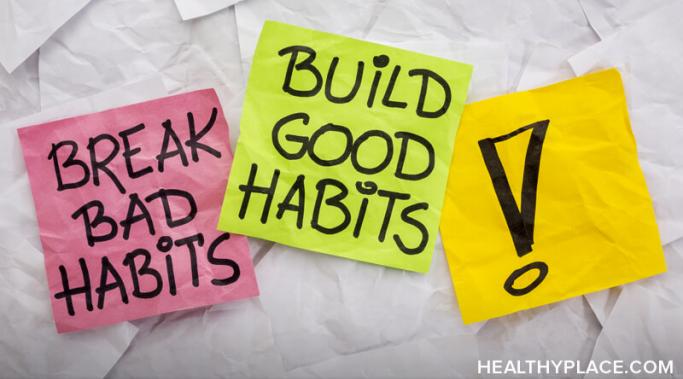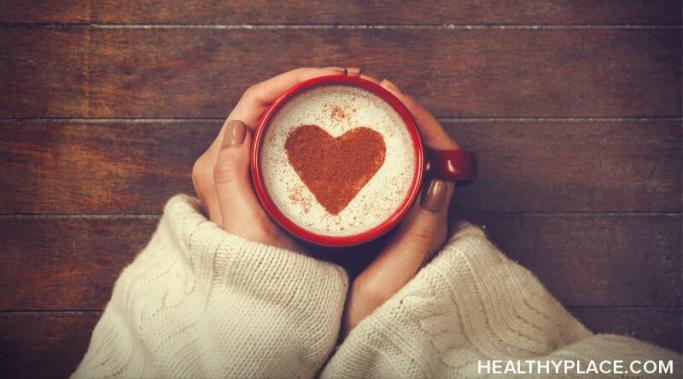My therapist tells me that my experiences with sexual trauma have changed my taste in men. I've been complaining that my boyfriend doesn't give me what I need; he doesn't crave intimate conversation as I do, likes to mostly be on his own, and doesn't think much about sex. In short, he hardly considers most of the aspects that I believe comprise a relationship.
Mental Illness Impact on Self
Family dinner with disordered eating is always uncomfortable. Here's my deal: I was born with an autoimmune disorder called Behcet's Disease. My symptoms include gastrointestinal ulceration and pain when I eat. This has created a complicated relationship between me and food.
If it wasn't for my weekly virtual therapy session, my avoidant attachment behaviors would have caused far more mayhem in my quarantine life. What is avoidant attachment? It isn't a mental disorder or illness. Rather, it's a style of attachment.
I'm not sure who has it worse: folks who are isolated alone or those of us who are quarantining with our loved ones. All in all, I'm glad my boyfriend and I left our Brooklyn apartment before the state of emergency was declared in order to quarantine upstate with my parents.
Alleviating COVID-19 anxiety is especially difficult for me because I'm living with a chronic illness, which means I am the weak and immunocompromised who is most vulnerable to COVID-19. Because of this, the trauma that I have endured that has mounted due to a life in medical care and life-threat has been exaggerated. Still, I'm doing my best to stay calm.
No matter where you live, how old you are, what you do for work, or how healthy you are, coronavirus is most likely impacting your mental health in some way, shape, or form. As a graduate student living in New York City, where an imminent shelter-in-place may not necessarily be unrealistic, I have faced several lifestyle changes, for better or for worse. Furthermore, as someone diagnosed with depression and anxiety, I need to tend to my mental health during this coronavirus pandemic.
When I first started having sex, I didn't know I was engaging in sexual spectation -- I didn't realize I was analyzing and directing my own behavior in the bedroom as though it was a performance. But at some point, I realized that my one and only focus in the bedroom was to make myself attractive to the man who played my counterpart.
I am currently using opposite action to save my social life. Learn how opposite action, a dialectical behavior therapy (DBT) skill, is helping me.
The relationships that I form with my personal training and online coaching clients are important, but they're also complicated. As a fitness professional, I fancy myself a peddler of good health. But in truth, the fitness industry is fraught with side effects and unintended consequences. Many of us use social media as a way to advertise our services. But as we label the photos we post of our abs as "fitness inspiration," many of us are willfully ignoring the fact that photos like these often make women feel worse, not better, and are perhaps contributing to body dissatisfaction and diminished self-esteem. Furthermore, in our efforts to help clients reach their fitness goals, we often find ourselves giving nutrition advice, which is outside of our scope of practice. Our clients trust us, and we want to form strong relationships with our clients. At the same time, it's important for us to keep in mind the complicated dynamics that go along with food -- and it's imperative that we don't matriculate our clients and followers into obsessive behaviors and disordered eating.
Why do you need to take care of your mental health over the holidays? For many people, the holiday season is a highlight of the year; with the holidays comes spending time with the ones we love, a vacation from work (albeit brief), reconnecting with old friends, and enough food and drinks to fill us until the new year. However, for other people, the holidays can be a nerve-wracking period filled with turmoil, negative interpersonal interactions, and complete and utter mental exhaustion. It is essential to stay mindful of the disparities that people experience during this time of year and to remain sensitive to the experiences of others. For those grappling with mental health difficulties, or any obstacles in general over the holidays, here are some tips for coping.
